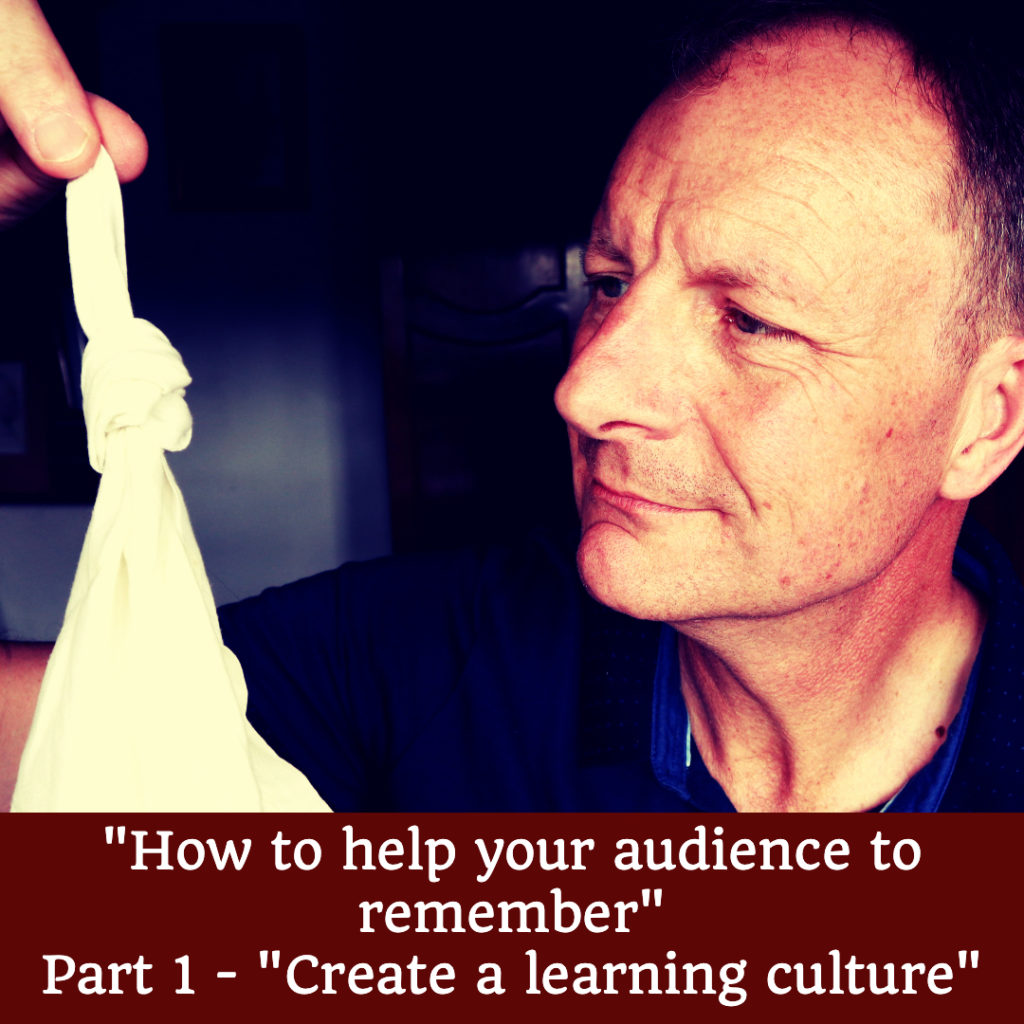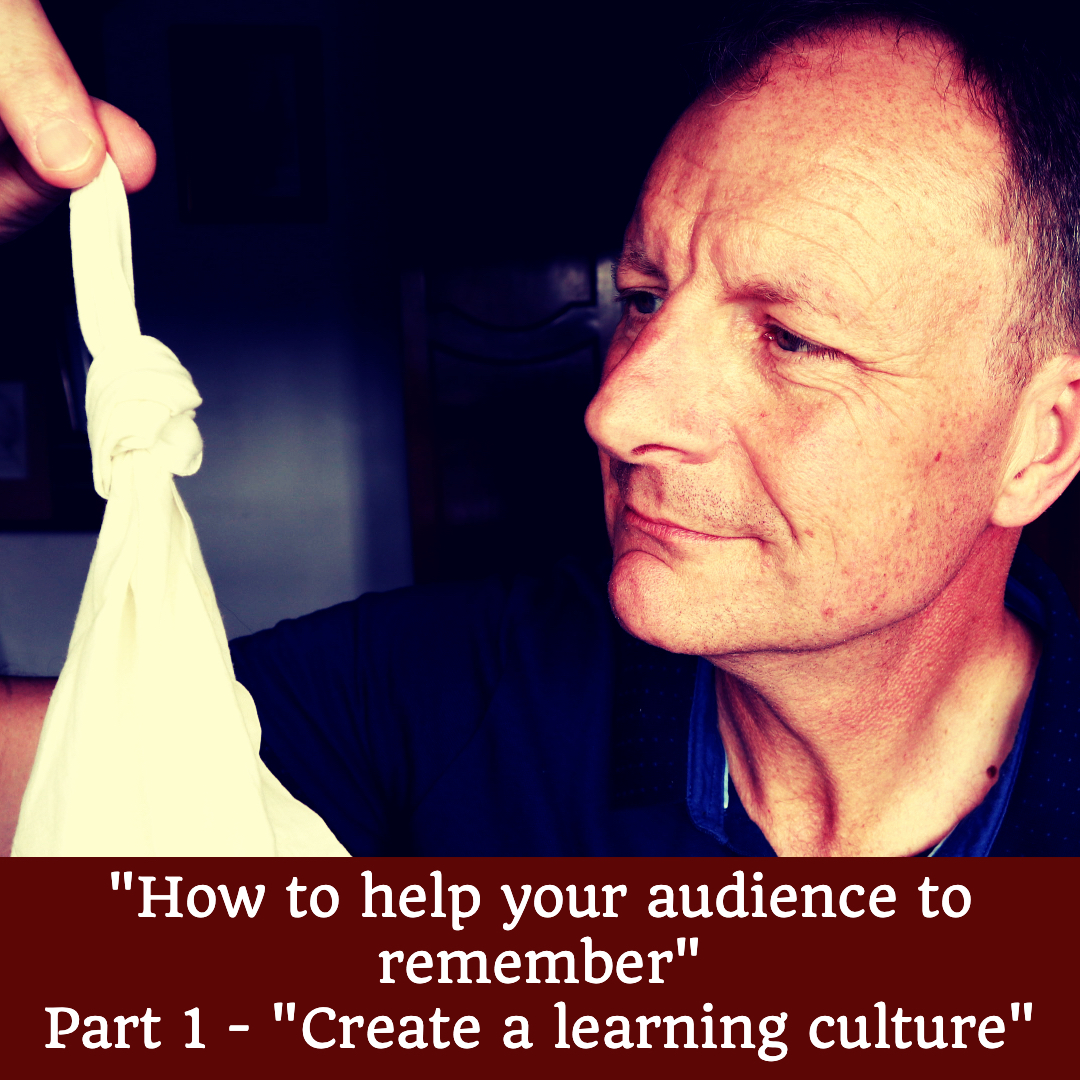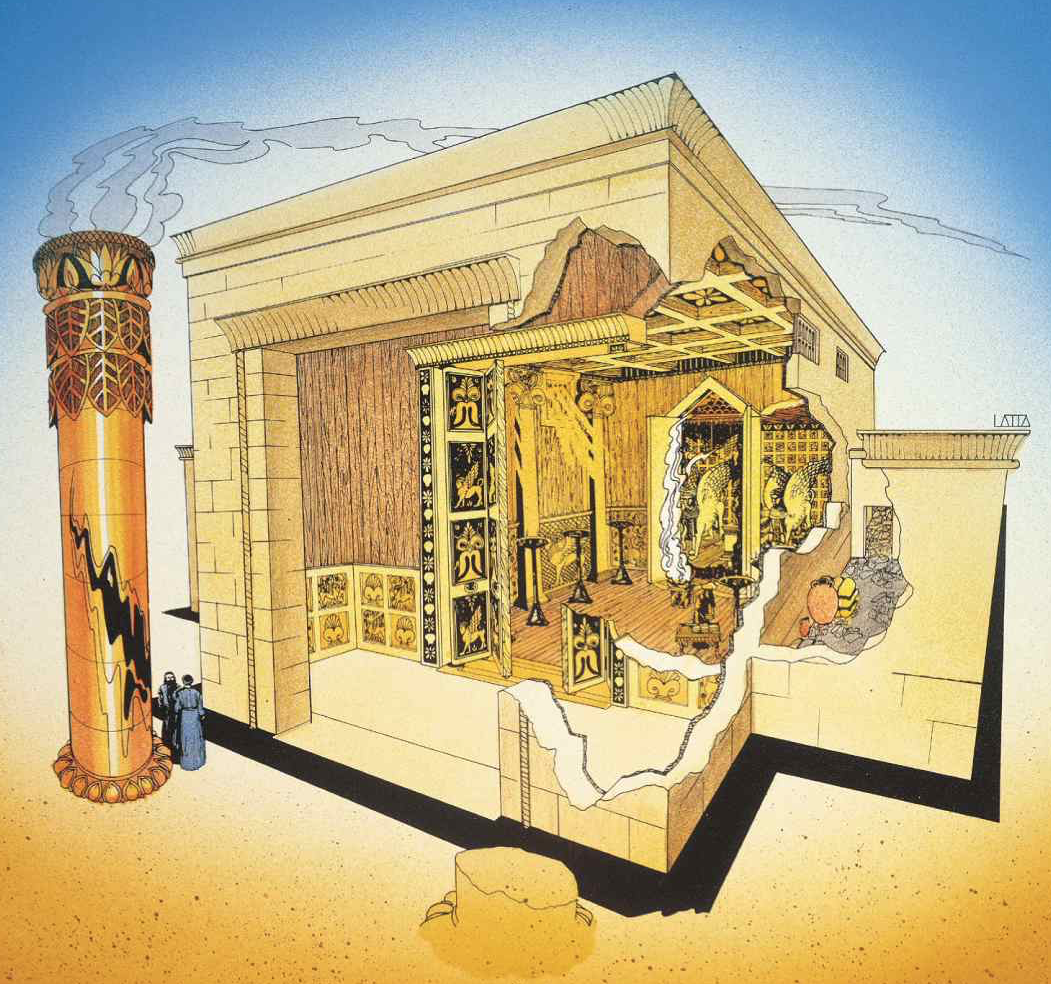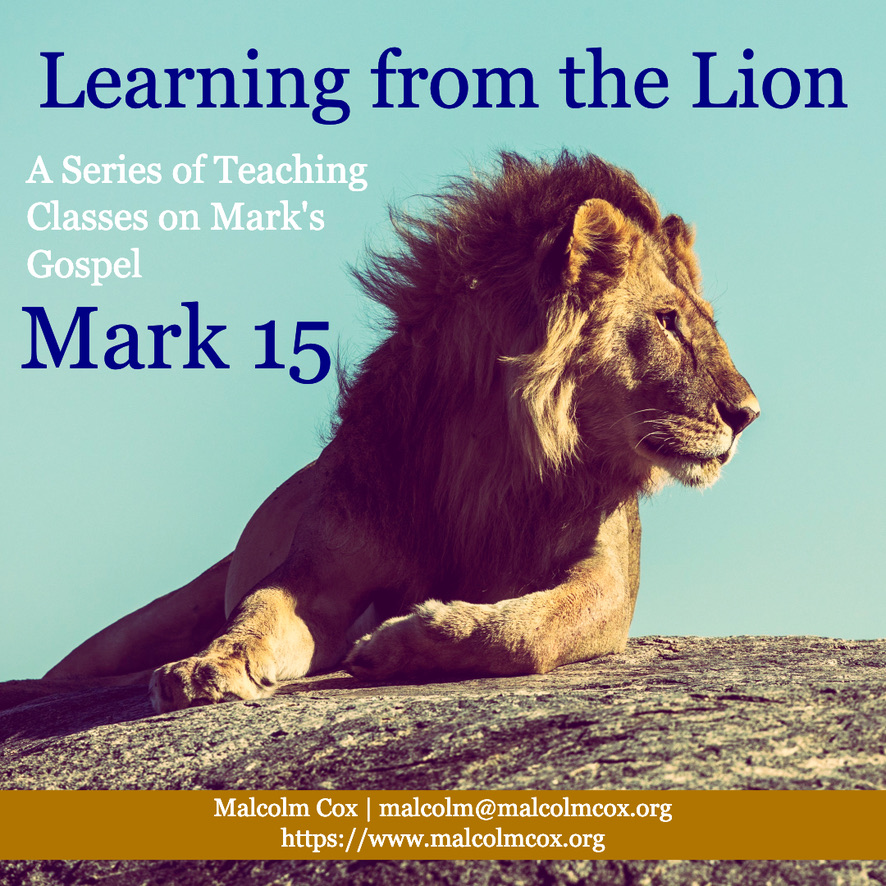“Create a learning culture”
Tuesday Teaching Tip 215

““And I remembered the word of the Lord, how He used to say, ‘John baptised with water, but you will be baptised with the Holy Spirit.’” (Acts 11:16 NAS95)
Introduction
- Responsibility to teach in a way to help people remember
- You are not so much a preacher or teacher, but a communicator and educator
- Jesus effective at this
- Reading on this topic – how to learn and help others learn: “Make it Stick“
- Three-part series on how to make your teaching ‘stick’.
Part 1: “Create a learning culture”
1. Encourage people to take responsibility for their own learning
- “After Jesus and his disciples arrived in Capernaum, the collectors of the two-drachma temple tax came to Peter and asked, “Doesn’t your teacher pay the temple tax?” “Yes, he does,” he replied. When Peter came into the house, Jesus was the first to speak. “What do you think, Simon?” he asked. “From whom do the kings of the earth collect duty and taxes—from their own children or from others?” “From others,” Peter answered. “Then the children are exempt,” Jesus said to him.” (Matthew 17:24–26 NIV11)
- “When Jesus came to the region of Caesarea Philippi, he asked his disciples, “Who do people say the Son of Man is?” They replied, “Some say John the Baptist; others say Elijah; and still others, Jeremiah or one of the prophets.” “But what about you?” he asked. “Who do you say I am?” Simon Peter answered, “You are the Messiah, the Son of the living God.”” (Matthew 16:13–16 NIV11)
- “While Jesus was having dinner at Matthew’s house, many tax collectors and sinners came and ate with him and his disciples. When the Pharisees saw this, they asked his disciples, “Why does your teacher eat with tax collectors and sinners?” On hearing this, Jesus said, “It is not the healthy who need a doctor, but the sick. But go and learn what this means: ‘I desire mercy, not sacrifice.’ For I have not come to call the righteous, but sinners.”” (Matthew 9:10–13 NIV11)
- Practically:
- Ask open questions in lessons
- Validate all answers
- Create space for discovery
2. Involve as many different kinds of people as possible in teaching and learning
- “We learn best when we learn in community”
- Jesus built a learning team – including women
- No wonder the early church learned in community: “They devoted themselves to the apostles’ teaching and to fellowship, to the breaking of bread and to prayer.” (Acts 2:42 NIV11)
- Paul travelled with friends: Barnabas, Silas, Timothy and more
- Be creative in involving other people: short lessons; multi-speaker lessons; testimony sharing; use video if in-person speaking is too difficult; find people’s passion.
- Different people have different gifts, experiences, perspectives and insights – we need them all
3. Discuss what you are learning outside meetings
- Learning is a way of life, not so much an activity
- Jesus taught on the hoof: “As they were coming down the mountain, Jesus instructed them, “Don’t tell anyone what you have seen, until the Son of Man has been raised from the dead.”” (Matthew 17:9 NIV11)
- Celebrate curiosity about scripture and the ways of God
- Discuss what learning from the Bible, God’s activity in your life/the world, in prayer and from one another
Conclusion
- What Jesus taught was remembered
- Remembering not automatic
- Peter reminded them even though they already know what he was telling them: “So I will always remind you of these things, even though you know them and are firmly established in the truth you now have.” (2 Peter 1:12 NIV11)
- How can you make your learning stick?
Question: “What is the first step you can take to creating or strengthening the learning culture of you church community?”
Please add your comments on this week’s topic. We learn best when we learn in community.
Do you have a question about teaching the Bible? Is it theological, technical, practical? Send me your questions or suggestions. Here’s the email: malcolm@malcolmcox.org.
If you’d like a copy of my free eBook on spiritual disciplines, “How God grows His people”, sign up at my website: http://www.malcolmcox.org.
Please pass the link on, subscribe, leave a review.
“Worship the LORD with gladness; come before him with joyful songs.” (Psalms 100:2 NIV11)
God bless, Malcolm
PS: You might also be interested in my book: “An elephant’s swimming pool”, a devotional look at the Gospel of John


